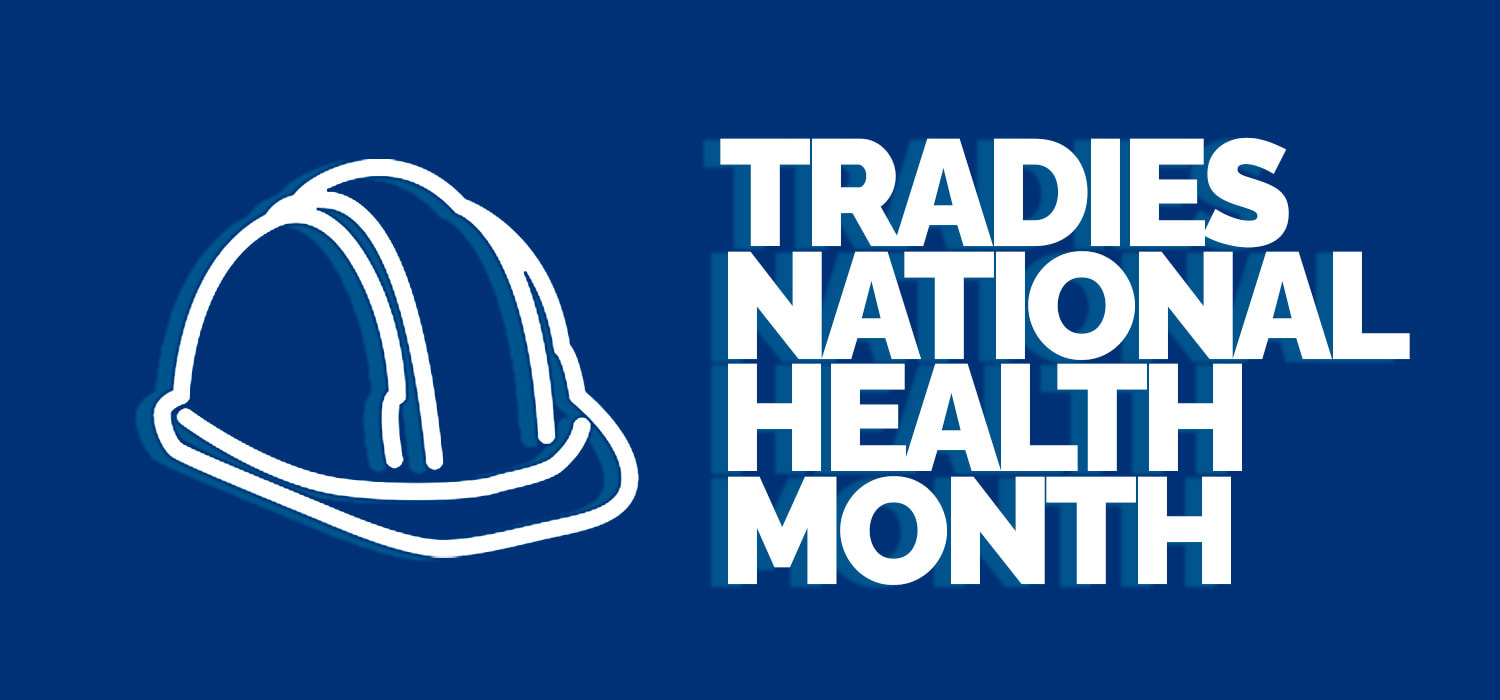Tradies health risks and rights to compensation
Published on Posted onTradies are an integral part of our workforce and our community. Electricians, bricklayers, painters, carpenters, plumbers – they’re skilled professionals that don’t just help fix things when they’re broken but also put roofs over our heads, build important infrastructure and service our communities.
And according to Safe Work Australia, these occupations can be some of the most dangerous and can hold a range of hazards and risks. Because of this, about 190 Australian tradespeople lodge workers’ compensation claims every day, according to Safe Work Australia.
In fact, tradies are overrepresented in workers’ compensation statistics with 60 per cent of serious workers’ compensation claims in the country, despite only making up 30 per cent of the workforce.
For the month of August, we’re putting the focus on the importance of tradies’ health and wellbeing, as well as understanding their rights to compensation.
Tradies health risks and injuries
Trades workers face many risks when they go to work; after all, most jobs involve working at heights, power tools, dust and chemical exposure, and heavy machinery (just to name a few).
Jobs in trades are also physically demanding and repetitive in nature; lifting heavy slabs of plaster over your shoulder, getting into awkward positions to turn bolts, and working long hours on your feet – it’s no wonder injuries and exacerbations of injuries are common.
In fact, workers in industries like construction, transport and agriculture are three times more likely to suffer an injury than any other.
So, it’s important for tradies to know their rights and how to access workers’ compensation in their state.
Tradies’ rights to workplace safety
By law, your employer has the highest duty of care to ensure you’re protected from foreseeable injury and illness, including tradespeople. But even with stringent risk assessments, it’s not always possible to avoid.
This is why it’s compulsory for employers to take our workers’ compensation, often through WorkCover, for every worker in their business (regardless of if full-time, part-time or casual).
The same goes for contractors, who are generally also covered for workers’ compensation purposes by the company which employs them.
Although it can get more difficult in this case, where only contractors who are working under a contract of service and who is deemed a “worker” under the WorkCover legislation are eligible. Read more about are contractors entitled to claim WorkCover compensation.
When can a tradie claim workers’ compensation?
WorkCover covers any worker, including tradespersons who are employed (and meet the definition of a “worker”) for injury or illness that happened during work.
The types of injuries most tradies suffer, according to Safe Work Australia, include traumatic joint injuries, lacerations, wounds, musculoskeletal disorders, broken bones, and dust-related diseases and even cancers.
No matter what type of injury you sustain, whether physical or psychological, as long as it’s related to work, you may be able to claim workers’ compensation on your employer’s WorkCover policy.
The type of claim you can make – whether statutory or common law – depends on the circumstances and who was at fault.
There are also strict time frames to reporting injuries and lodging a WorkCover claim, which may be different depending on the state your employer is based in.
Read more things to know about WorkCover claims in Queensland here, and things to know about making a workers’ compensation claim in Victoria here.
Tradies National Health Month
Tradies National Health Month is a campaign run by the Australian Physiotherapy Association in August every year. It aims to raise awareness of the health and injury risks that affect those who work in trade occupations.

